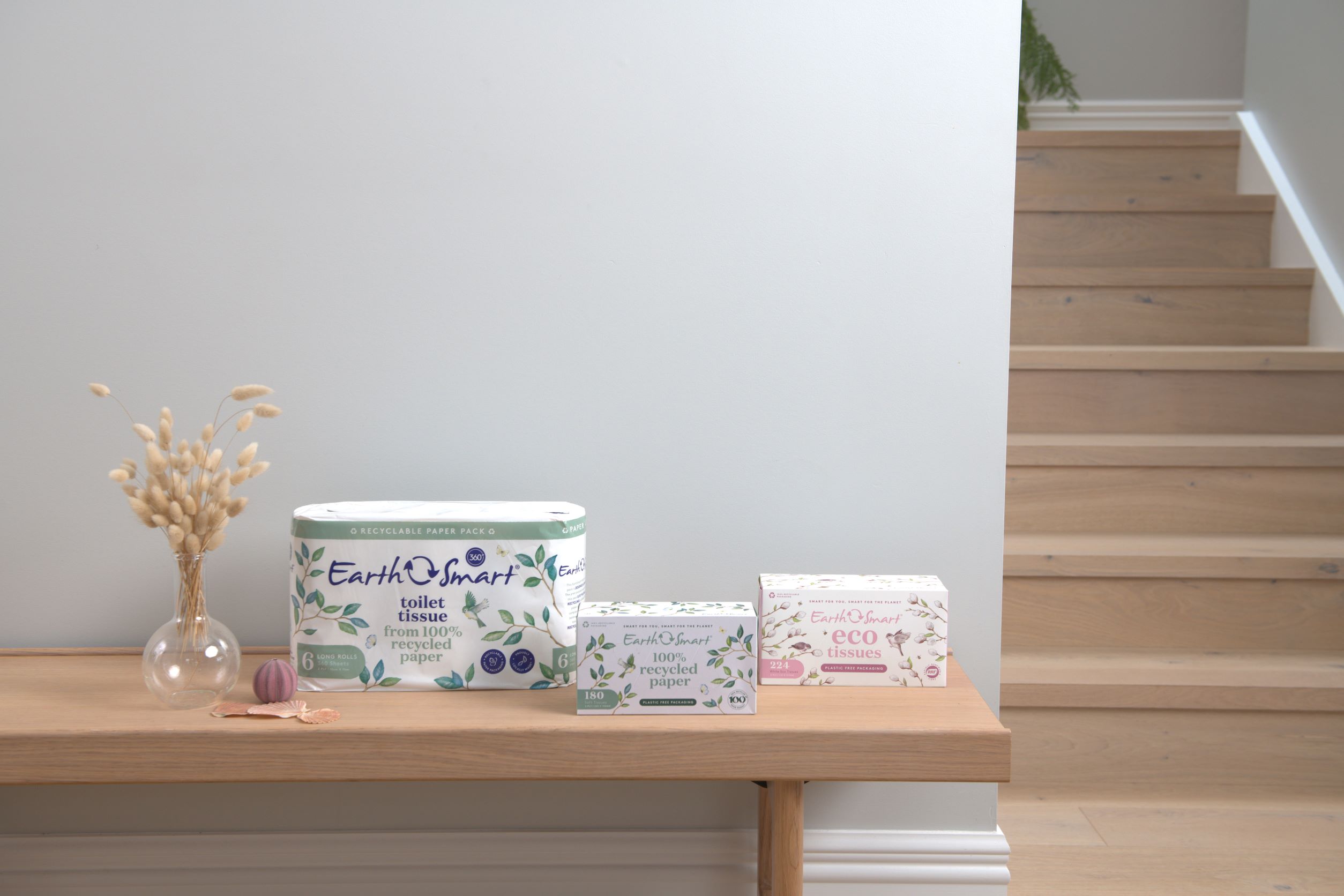Chronic stress can be kept in check with a bit of know-how.
Words Julie Fergusson, Naturopath. Photo Getty Images
If you’re like me, you came to the end of 2017 feeling slightly overwhelmed and a little exhausted. Our modern lives have many amazing benefits but with these benefits can come day-to-day stressors.
Cortisol, aka the stress hormone, is what is released during times of stress. To better understand how an overload of cortisol can negatively impact your health, it helps to understand what happens in the body when cortisol is released.
When we encounter a perceived threat, your brain sets off an alarm system. Your adrenal glands release a surge of hormones. These include adrenaline and cortisol. The body is built to quickly return hormone levels to normal once the perceived threat is gone. But in the modern age, for many of us, the perceived threat is always present. This can mean cortisol can start to build up in unhealthy amounts and can lead to negative impacts on our general wellbeing.
Too much cortisol impacts our bodies in numerous ways; it can affect our hearts, sleep patterns, digestion, immune function, muscle tone and is a factor in general ageing.
Experts say that coping with stress starts with our inner world – our self-talk and the perception of the external world will determine how our body responds. Hormonal balance, physical wellbeing,
diet and nutrition are also contributors towards how we feel and think.
There are many ways to help manage stress. Feeding your body well is extremely important. There are also products to help support the body during stressful times.
At times it can seem life just throws a little too much at you, but if we add some coping strategies and ensure we have a good diet, good sleep and the nutrients to support us, chronic stress doesn’t have to control and damage our health.
Top nutrients to help manage stress better
Omega 3
A diet rich in essential fatty acids such as Omega 3, or fish oil, has been known to support the psychological aspects of stress, brain nutrition and shown in studies to help with the cortisol balance.
Magnesium
The mineral to support mood and body balance thereby helping with natural relaxation. When deficient, our body can tell as our irritability levels increase and muscle function can be affected, as well as sleeping being fitful.
B Vitamin Complex
There are nine essential water soluble B vitamins that we need every day that are vital for mood, energy and stress response and other actions that can help us deal with stress better, such as sleep and blood sugar balance. These are often best found in a complex and they also balance each other.
Herbs
There are numerous herbs from the nervines, such as skullcap, passionflower and valerian, which help the body unwind, relax and sleep. Then there are herbs such as St John’s Wort; it works to support balanced mood and can be an important tool when life events and stress get out of control.
Vitamin D
The sunshine vitamin but New Zealanders now tend to be sun shy due to its harmful effects with overexposure. Vitamin D can support the body in dealing with fatigue and a balanced mood.
The Gut Brain Link
Our digestive system also affects our mood and stress levels. Science has now linked the gut-brain connection. Probiotics are increasingly used to help the normal response to stress and mood.
Whey Protein
This can also help in supporting the body’s response to stress. It also supports a balanced mood and normal blood sugar levels.
Stock up on these:
- Red Seal Fit Protein, 500g.
- Red Seal High Potency Fish Oil, 1,500mg
- Red Seal Magnesium, 60 capsules
- Red Seal Probiotics 35 billion





